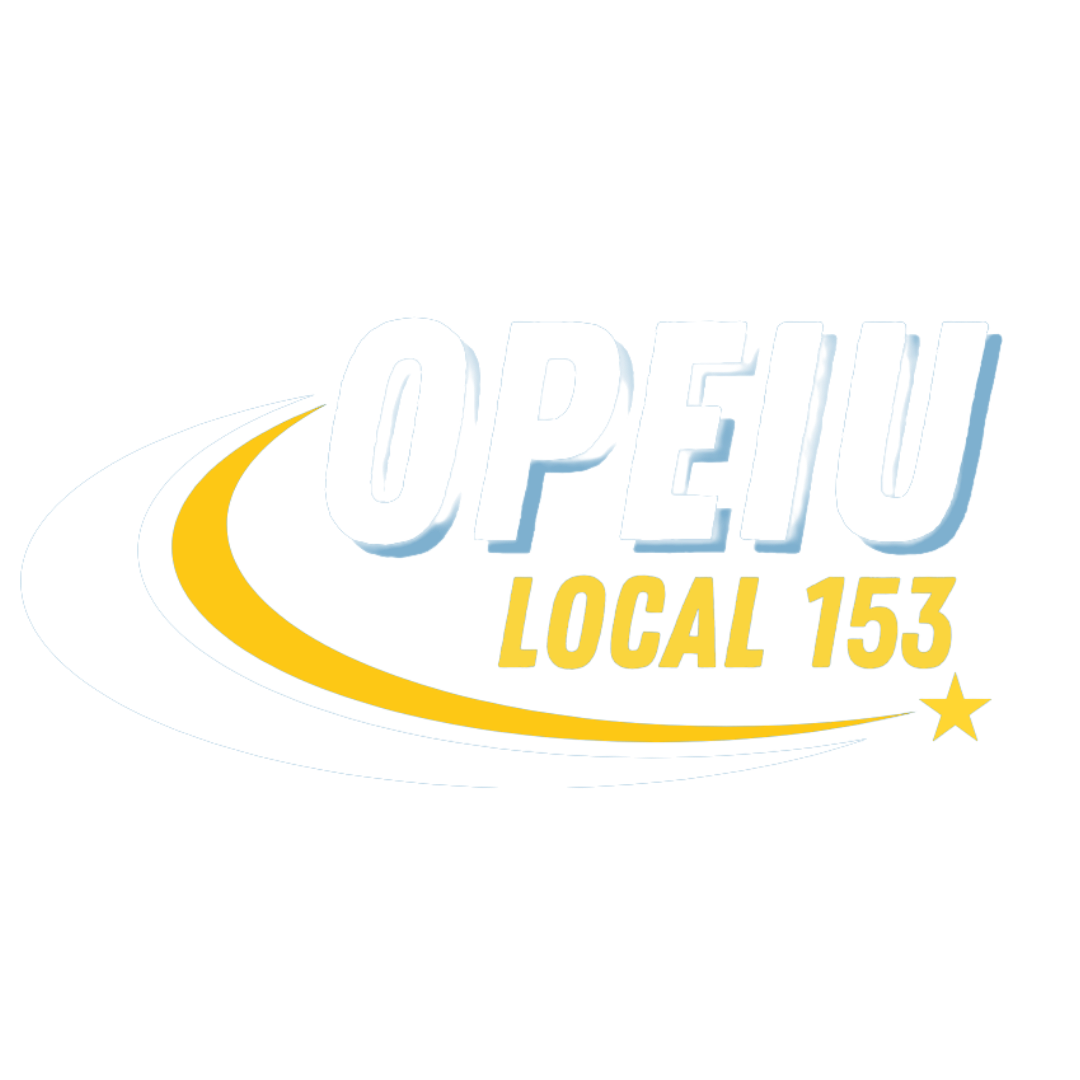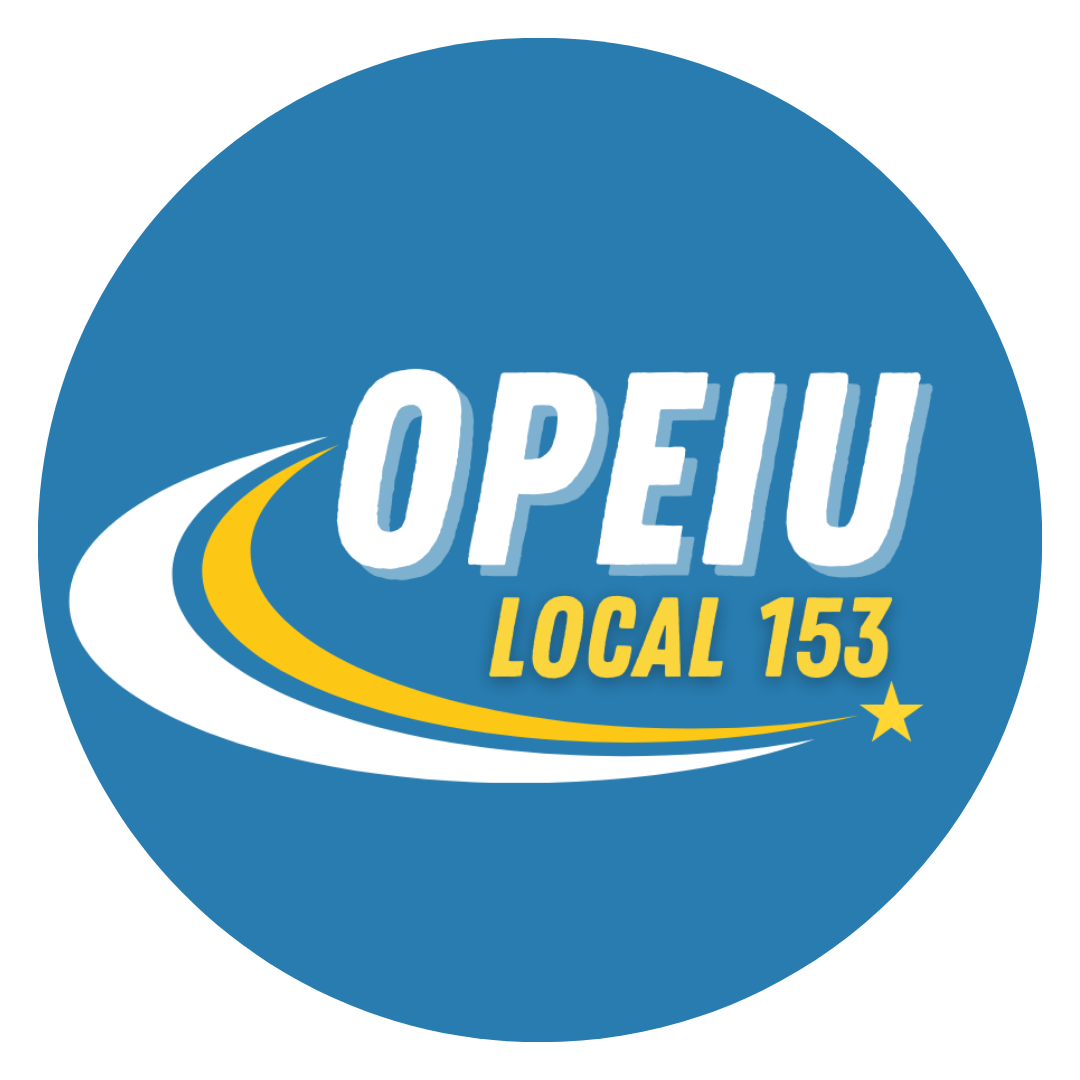City Bar Justice Center Union Wins First Contract
The City Bar Justice Center (CBJC) Union ratified their first contract on January 25, 2021. Their contract, which the group negotiated over the course of five months with representatives from the Office and Professional Employees International Union (OPEIU) Local 153, comprises major wins for the union, including an immediate wage increase of roughly 8 percent with regular raises, just cause provisions, a mental health stipend for all unionized employees, and increased flexibility in accessing paid time off.
The CBJC Union includes project coordinators at the City Bar Justice Center, an organization within the New York City Bar Association that provides legal assistance to low-income New Yorkers. Project coordinators at the City Bar Justice Center voted unanimously to unionize and joined OPEIU Local 153 on May 21, 2020, to address issues including extremely low salaries and bias in salary and promotions. While the workers earned as little as $38,000 at the start of 2020, their new contract provides immediate increases to $41,500 and $43,500 (depending on length of service) upon ratification, with annual increases each May for the life of the three-year contract. In bargaining, the union was also able to win back pay for several employees who had been affected by racialized pay discrepancies—an issue the workers discovered last year, and which spurred their union efforts.
The mental health stipend, too, represents a significant gain for the workers, who regularly interface with clients who have faced trauma. Leah Susman, a project coordinator and member of the union’s bargaining committee, notes, “The mental health stipend was a huge win for us because we each work with low-income, marginalized clients who have experienced substantial trauma. Our role requires emotional space and empathy. When we’re confided in, we can’t just turn off our feelings and leave our vicarious trauma in the office. The stipend will allow us to dig into how our clients’ stories affect us so that we can continue to show up for them and for ourselves.”
The project coordinators faced dismissive attitudes from City Bar Justice Center management when they tried to address these issues without a union. Logan Campbell, another project coordinator and bargaining committee member, reflected that “when we met with management, while they fixed the unequal pay issue, we were widely dismissed on all the other matters we brought up. We needed union representation to make sure racist pay practices didn’t happen again and to force management to listen to the other issues.” With a union and their first contract, workers at the City Bar Justice Center were able to push for necessary changes to their compensation and working conditions.


